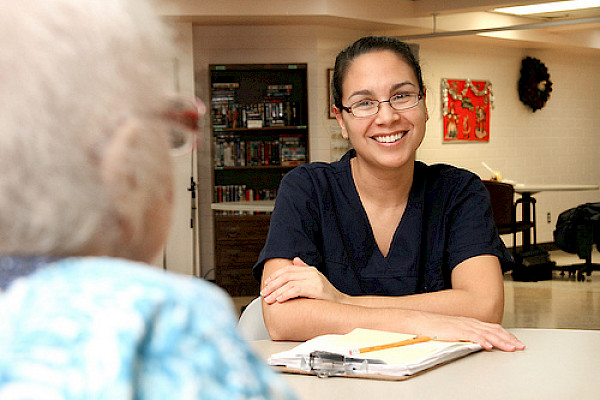
20 Jan 2014
Jeremy Pritlove, a former commissioner of social care, tells us why outsourcing isn't the right answer.
I was happy to read We Own It's excellent report, 'Better in Public Hands'. It is exactly what is needed to show up the waste and inefficiency of outsourcing.
As a former commissioner of social care in a large local authority, I'd like to add to those arguments. I believe much local authority commissioning of public services is inherently ineffective.
My job in the local authority was to help the Social Services Department commission services, such as specialist support for older people with dementia, or help for carers of people with mental health problems.
I would have much preferred to develop in-house services. That's because it seems to me that there are two linked problems with commissioning: knowledge and control. These make it very difficult for local authority commissioners to ensure good public services by outsourcing them.
Commissioners don't have the knowledge they need
The theory of commissioning is that commissioners are objective and neutral. In effect, this often means that they are restricted from getting to know about either the service which they are outsourcing, or about the potential providers of that service. The result is ignorance of the needs and requirements of the service concerned. In addition, commissioners can be managers who have very little direct experience of either providing, or receiving, the service to be outsourced. There can also be a tendency for commissioners to be experts in commissioning rather than experts in the service to be delivered. For example, in the local authority in which I worked, all commissioning was overseen by a centrally-based commissioning department whose staff had no knowledge of the particular services being commissioned, but were solely concerned with ensuring “fair” competition between potential service providers.
This central commissioning department was also driven by fear of the local authority’s being sued under European Union competition rules by a potential service provider for not putting in-house services up for outsourcing. Their main focus was thus on knowing about the competing service providers rather than on knowing how to provide the best possible service for the people who needed it.
Meanwhile, service providers – like the large nationally-based social care companies - become increasingly well-resourced and knowledgeable about the commissioning process, so that an imbalance of knowledge between commissioners and providers builds up. This is well summed up by Colin Crouch in his book 'Post Democracy': "As more and more state functions are subcontracted.... so the state begins to lose the competence to do things which it once managed very well. Gradually it even loses touch with the knowledge necessary to understand certain activities. It is therefore forced to sub-contract further and buy consultancy services to tell it how to do its job."
The answer, of course, is to have services in-house, so that the people ultimately responsible for them are managers who know about them and are closely involved with them.
Commissioners don't have enough control
Commissioners are still ultimately responsible for the outsourced services, so they have to have some sort of control over them. This is usually attempted through reporting mechanisms of varying sophistication, for example a requirement to report that the provider supports so many clients per month. In the long run, however, many of these mechanisms are unsatisfactory because of the commissioners' basic lack of knowledge about the service to be provided, and the providers' clear advantage in access to the data required. The answer, again, is to have the services in-house and managed by experienced managers with day-to-day involvement in, and knowledge of, the needs of service users and of staff.
What needs to happen now
Local authorities and public servicers in general need to have the confidence to say that in-house services are best because they can be managed by managers with knowledge of users’ needs, and by managers who can control the service provided properly.
In addition, legislation needs to remove the fear that local authorities have of being taken to court under European Union rules for not putting in-house services up for outsourcing.

